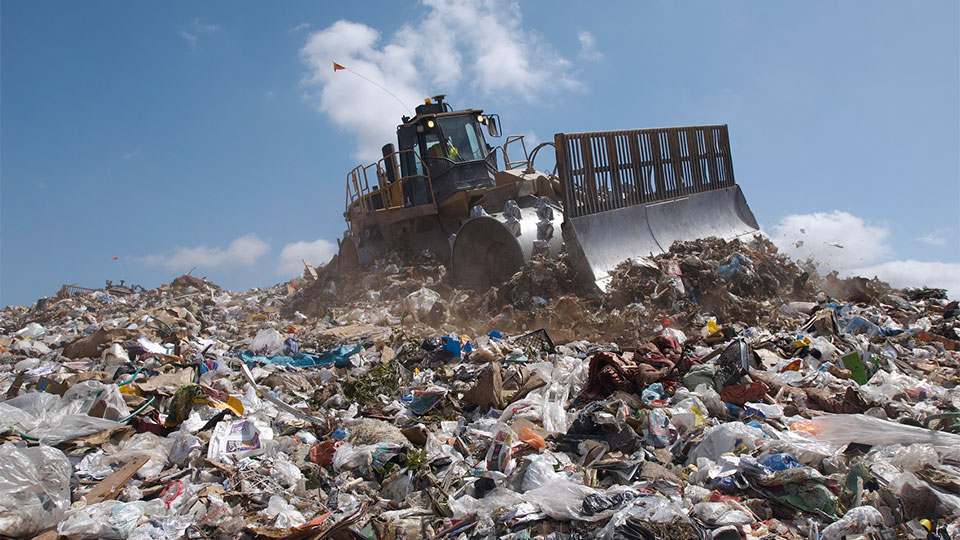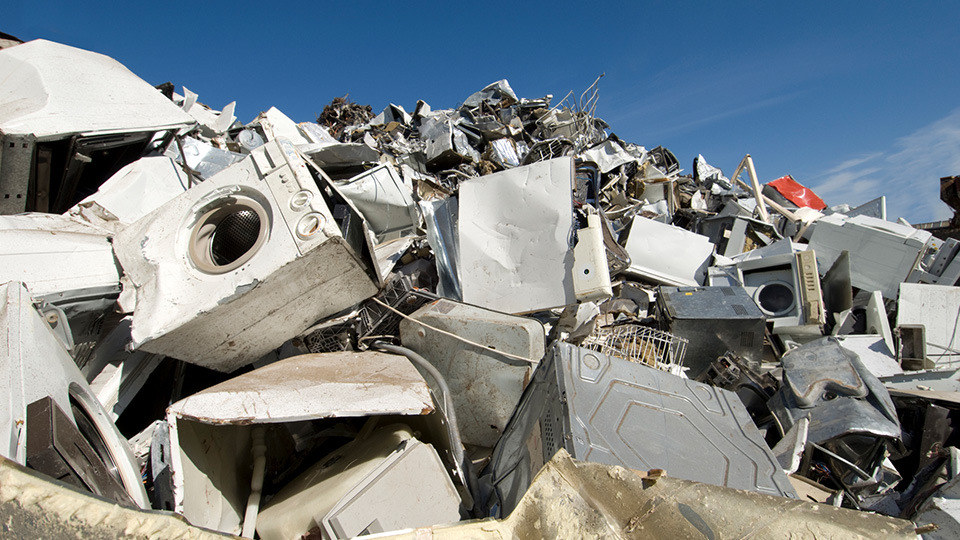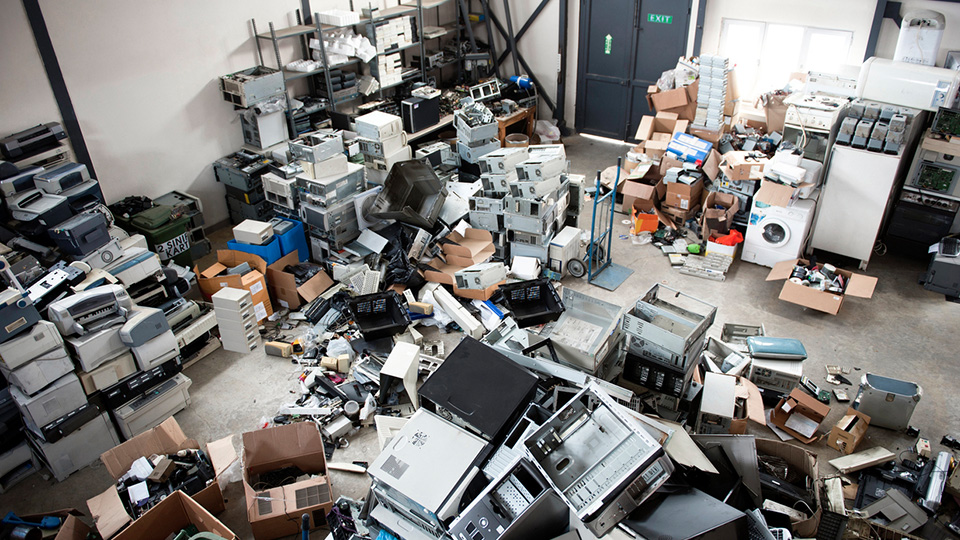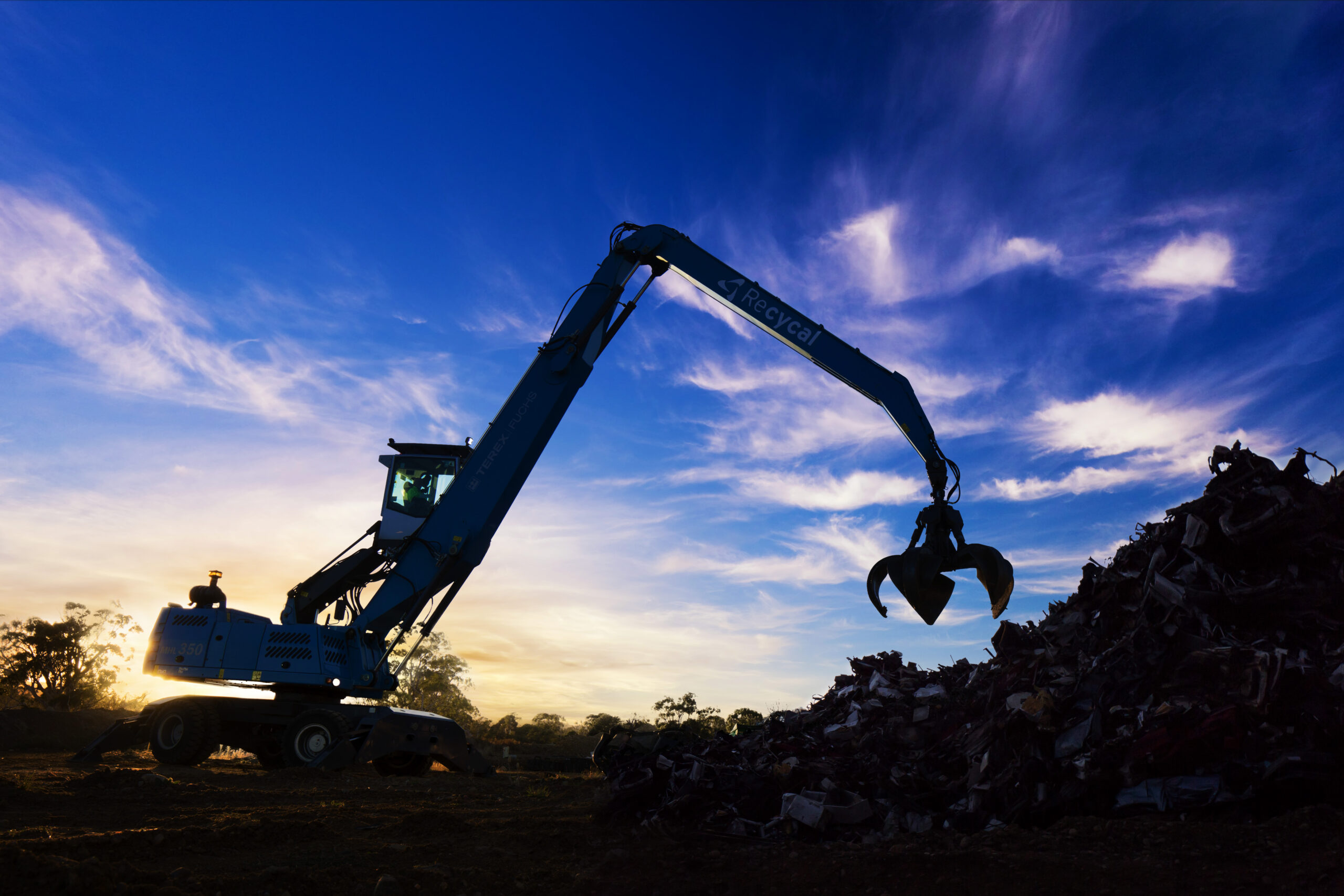E-waste can be defined as anything with a power cord or battery that has reached the end of its useful life.
It may still be in working order, but rendered obsolete by new technology.
Just take a look around your home, workplace and local shopping centre and you’ll see thousands of items that are all destined to become e-waste: ovens and fridges, computers and phones, light globes and fluorescent tubes, hair dryers and power tools, remote controls and the occasional electric vehicle.
E-waste is growing at three times the rate of general municipal waste, and while a number of voluntary e-waste recycling programs operate in Australia, they focus on a narrow range of products and only capture a fraction of the waste we create.
So, if voluntary schemes aren’t cutting the mustard, should Australia have a mandatory e-waste recycling program?
“Yes,” said Ecocycle Business Development Manager Daryl Moyle. Why? “Because e-waste contains scarce, valuable materials that should be recovered for reuse along with hazardous materials that can harm us and the environment.”
He believes that all e-waste should be recycled, but recognises that for that to happen there are a number of hurdles to overcome.
Technical
Machinery already exists that can shred e-waste and automatically sort and separate different metals and plastics.
However, improvements in accuracy and the ability to process greater volumes are necessary to improve the economics of e-waste recycling.
Behavioural
There’s still a long way to go before everyone knows that e-waste can and should be recycled.
Then there’s the big step from knowing what to do and taking e-waste to the recycling centre.
Financial
While advancements in technology will help improve the economics of e-waste recycling, for the foreseeable future the value of recovered and sorted materials is unlikely to fully cover the costs of processing.
As with some of the current product stewardship schemes, Mr Moyle sees a role for both government and product manufacturers in providing funding to ensure the success of a mandatory recycling program.
It would also help if manufacturers committed to using recycled materials.
Government action
Some state governments are already taking action that, while not presented as a mandatory e-waste recycling scheme, could lead to the same result.
Mr Moyle points to the example of Victoria, where a ban on the landfill disposal of all electrical and electronic waste is due to come into effect in July 2018.
“If e-waste can’t go into landfill, recycling will be the only viable option,” he said.
Start today
Even in the absence of a mandatory program, many organisations are already doing the right thing and recycling their e-waste. Why not join them?
Ecocycle is ideally placed to assist businesses and councils across Australia with the environmentally responsible disposal of e-waste.
To find out more, call us on 1300 32 62 92 or fill out the form below.





